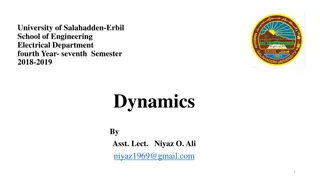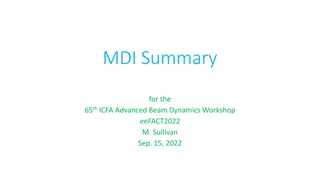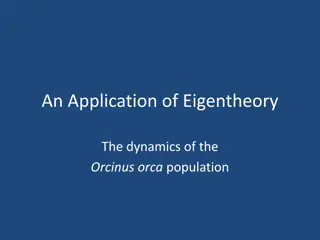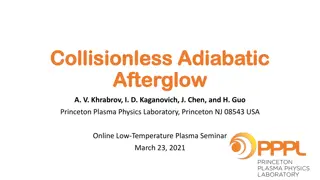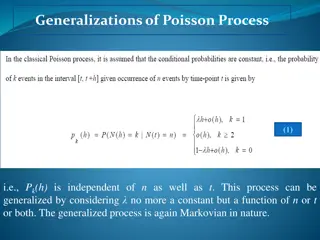dynamics
Estimations are made based on institutional cleaning and transfer dynamics in the Seine estuary. The Naturaulin team conducts daily cleanings, collecting 16 tons of macroplastics yearly. Collected plastic litter is used as markers, with GPS tags refining the dynamic transfer of riverine litter. The influence of high tides on stranding/remobilization processes is noted, along with debris screening in the Huveaune River. Overall, the study aims to assess the plastic flux and management strategies in these water bodies.
Download Presentation

Please find below an Image/Link to download the presentation.
The content on the website is provided AS IS for your information and personal use only. It may not be sold, licensed, or shared on other websites without obtaining consent from the author.If you encounter any issues during the download, it is possible that the publisher has removed the file from their server.
You are allowed to download the files provided on this website for personal or commercial use, subject to the condition that they are used lawfully. All files are the property of their respective owners.
The content on the website is provided AS IS for your information and personal use only. It may not be sold, licensed, or shared on other websites without obtaining consent from the author.
E N D
Presentation Transcript
The Seine estuary. Estimations based on institutional cleaning and transfer dynamics Daily cleanings (by Naturaulin) of the riverbanks in the estuary Naturaulin Team 16 t/yr of macroplastics collected Sites regularly cleaned by Naturaulin 16 t/yr = x% of the global plastic flux? Riverbank before cleaning
Use of collected plastic litter (also few glass and alumina) as representative markers Bottles, cans, flower boxes, toys, tires, glass, aerosols, etc. 365 items or 30 kg 200 items released on March flood inflow 55 items released in July, August and September continuous summer inflow GPS tags to refine dynamic transfer of riverine litter
GPS during low water flow conditions Low transportation with multiple strandings Strong influence of high tides for stranding/remobilisation processes
The Huveaune River. Estimations based on debris screened over the water column
The Huveaune River. Estimations based on debris screened over the water column




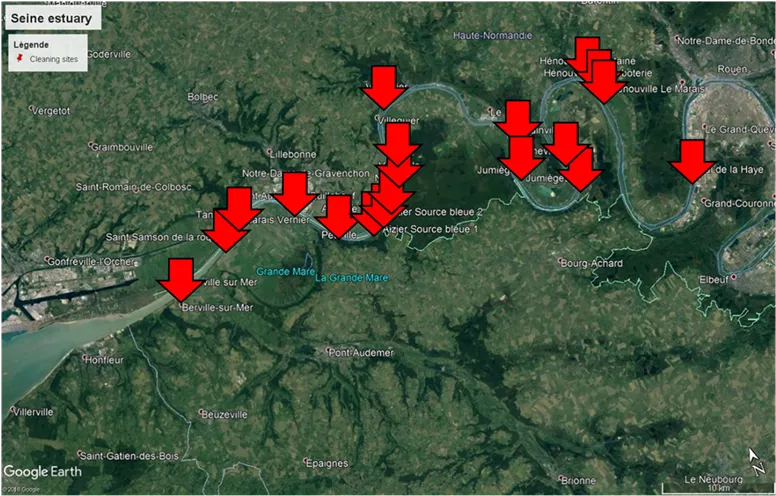


![READ⚡[PDF]✔ Solar Sailing: Technology, Dynamics and Mission Applications (Spring](/thumb/21622/read-pdf-solar-sailing-technology-dynamics-and-mission-applications-spring.jpg)









